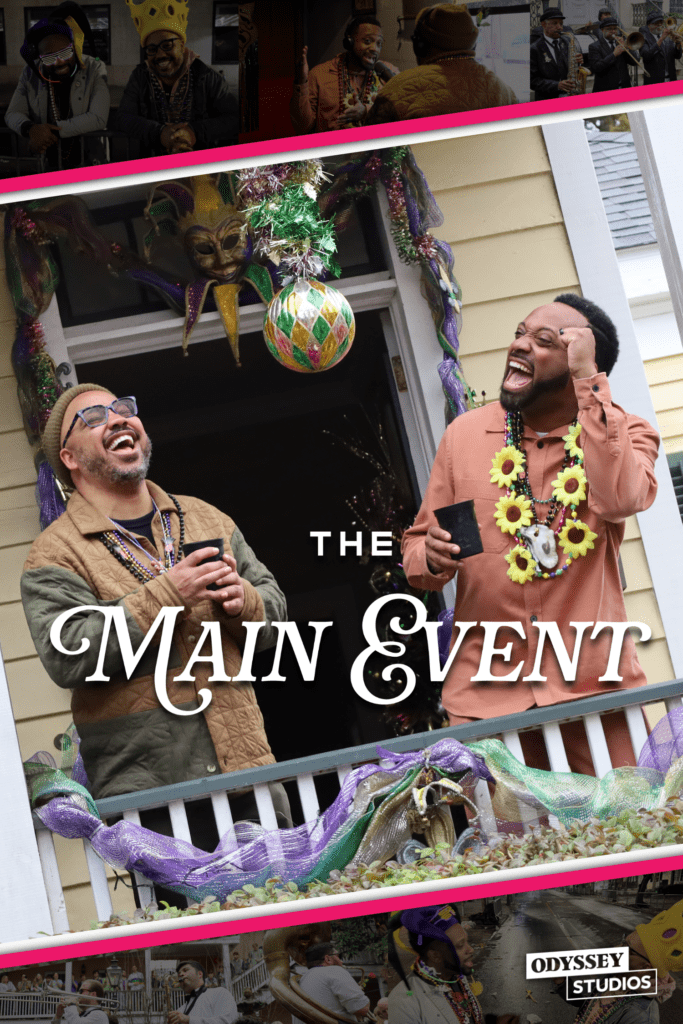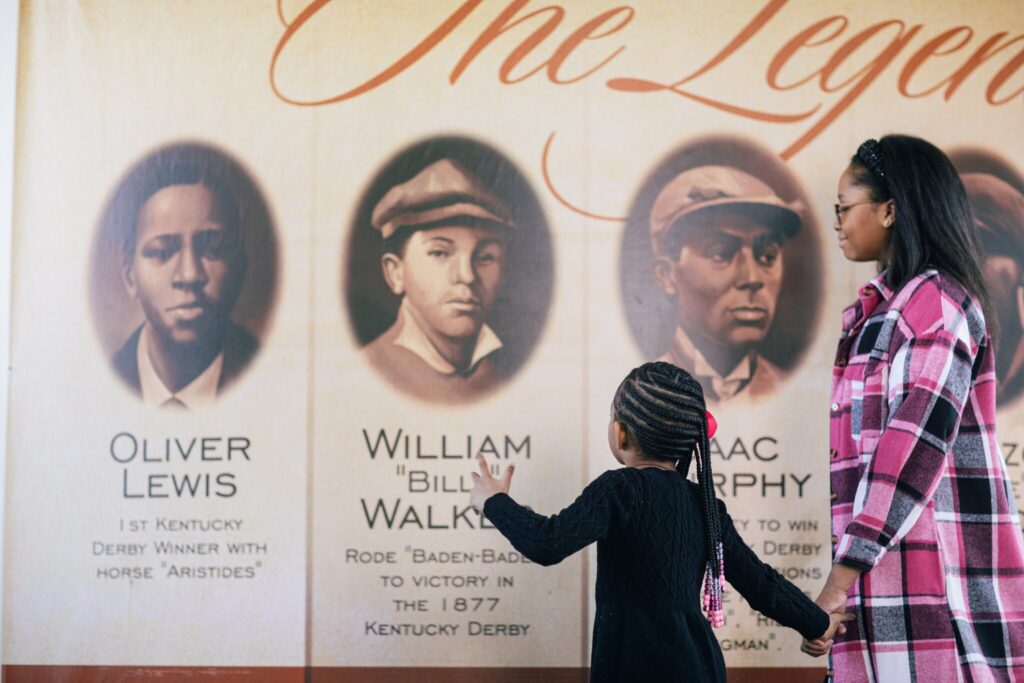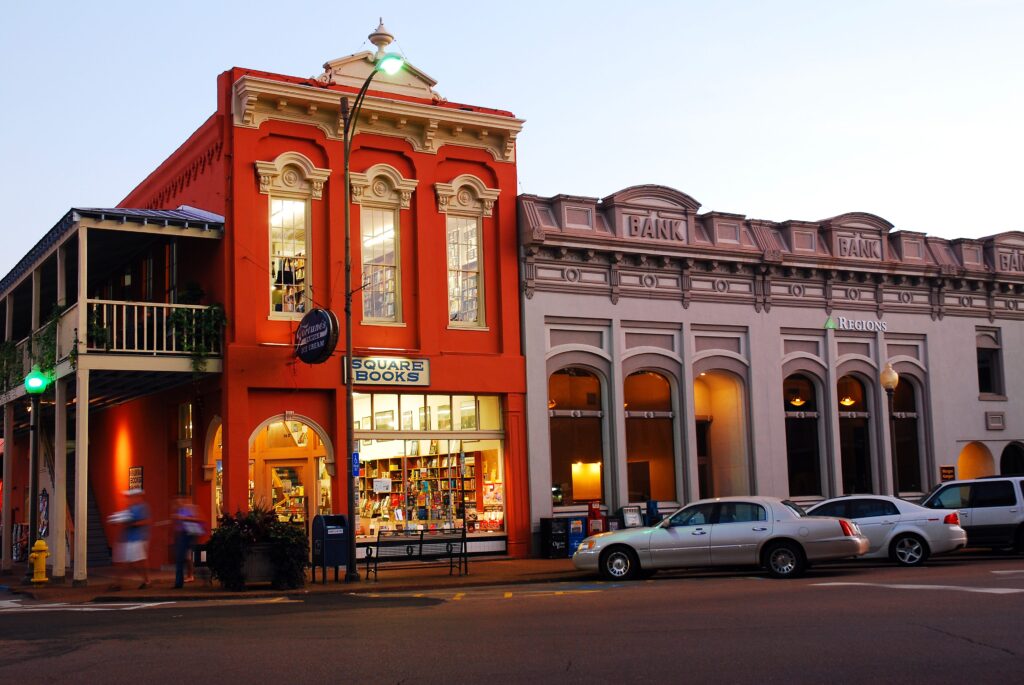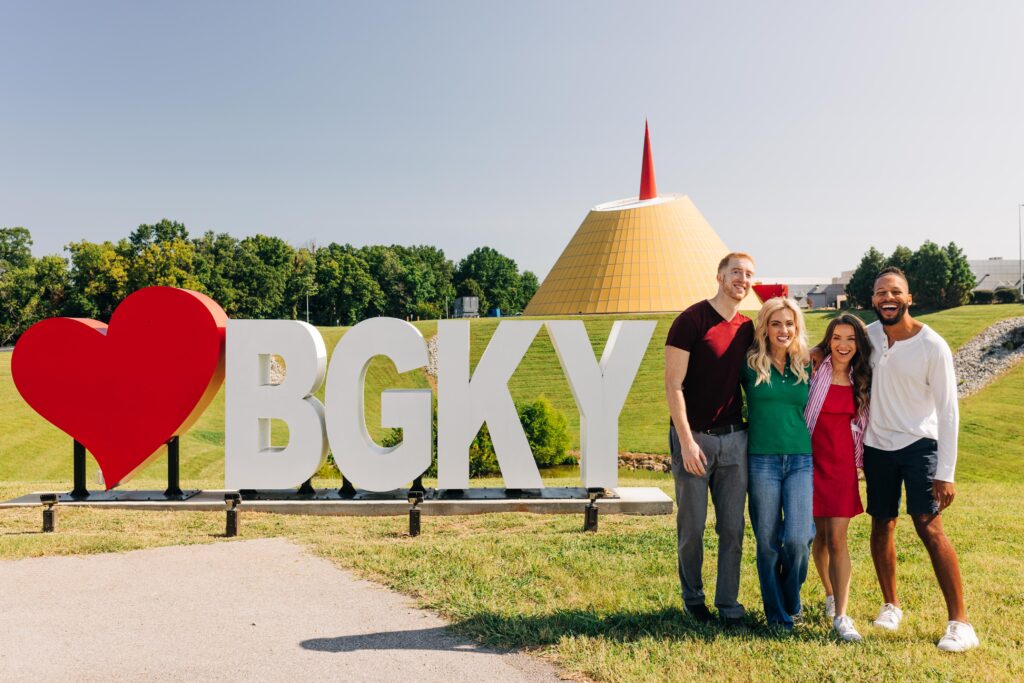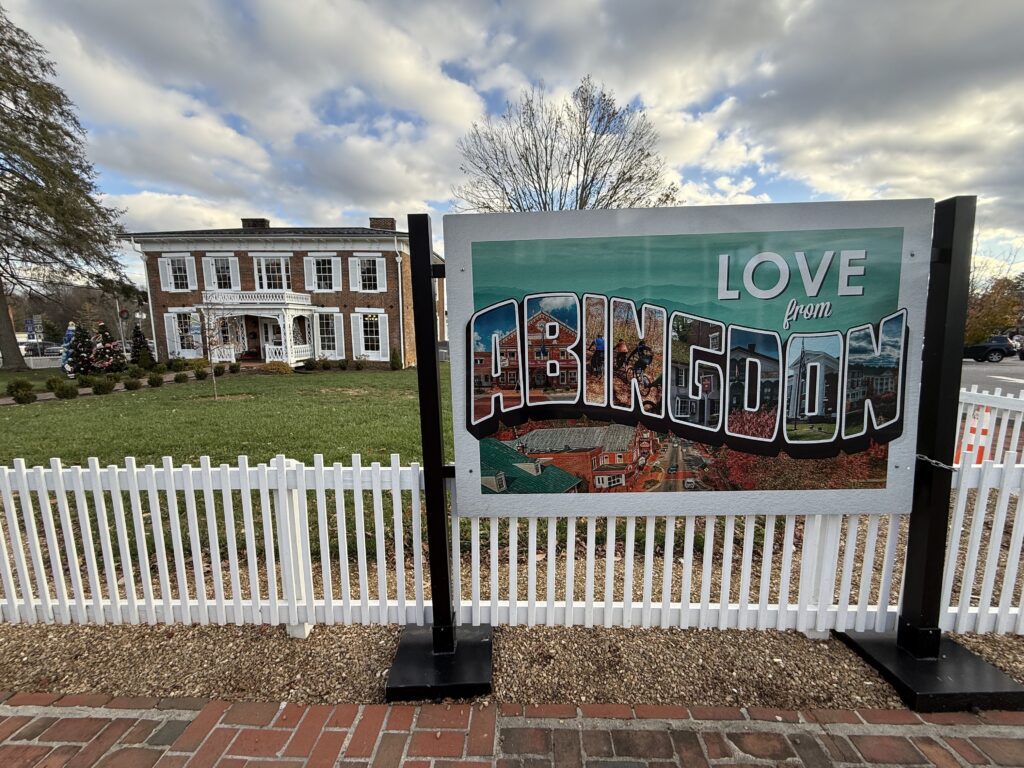From the boxing brilliance of Muhammad Ali to the barrier-breaking work of Willa Brown Chappell and Alberta Jones, Kentucky’s story is woven with the achievements of African American trailblazers. Their legacy lives on—not only in museums and monuments but in the everyday places that continue to shape the state.
As the United States approaches its 250th anniversary in 2026, the Kentucky African American Heritage Trail (KAAHT)—a collection of 50 historic sites across the Commonwealth—offers an important reminder: the pursuit of freedom and equality hasn’t been experienced the same way by all Americans. For many Black Kentuckians, the journey over the past 250 years has meant confronting injustice, building community, and leaving lasting marks on every corner of the state.
These powerful stories are now coming into fuller view through the KAAHT, which brings to light narratives that have long gone under-recognized. It’s a call to look more closely at the familiar streets, neighborhoods, and landmarks we might pass every day—and discover the deeper histories beneath our feet.
A Journey Through Spirit and Soil
The Kentucky African American Heritage Trail is more than a travel itinerary—it’s a living history. It traces the lives and legacies of Black educators, athletes, Civil Rights leaders, entrepreneurs, artists, and everyday heroes who helped shape the cultural and civic fabric of Kentucky.
From the dynamic energy of Louisville and Lexington to the quiet resilience of towns like Simpsonville and Taylorsville, the trail invites travelers to explore places where perseverance and progress took root. In Bowling Green’s Shake Rag Historic District, you’ll find preserved homes, schools, and churches that reflect a thriving Black community’s impact. In Maysville, the National Underground Railroad Museum honors the courage of those who sought—and supported—the quest for freedom. And in Louisville, the Kentucky Center for African American Heritage transforms a historic rail site into a vibrant hub of culture and connection.
These are just a few highlights along a trail that spans the entire state—each stop offering a unique window into the stories, struggles, and triumphs that continue to shape Kentucky today.
Restoring and Reclaiming History for an Inclusive Kentucky
For generations, the stories of African Americans in Kentucky were left out of the broader narrative. The KAAHT is helping to close those gaps—not just by remembering the past, but by restoring it. Each site is a place where history lives and breathes, offering a deeper understanding of the people and events that helped define Kentucky.
These efforts are not about rewriting history—they’re about completing it. The trail helps reconnect communities to their roots, sparking conversations about heritage, resilience, and the path forward. It’s a journey that honors dignity, fosters pride, and builds bridges between the past and the present.
Representation matters—not only in textbooks but in the stories we tell about our homes, our landmarks, and ourselves. The KAAHT places Black voices and contributions at the heart of Kentucky’s identity, encouraging locals and visitors alike to see the state through a broader, richer lens.
This isn’t just about reflecting—it’s about reshaping the future. The trail supports ongoing efforts to cultivate equity and understanding, helping Kentuckians of all backgrounds find connection and pride in their shared history.
A Collaborative Effort with Lasting Impact
Developed by the Kentucky Department of Tourism in partnership with the Kentucky Historical Society and the Kentucky Heritage Council, the KAAHT is a statewide collaboration with wide-reaching benefits—cultural, educational, and economic.
As Mike Mangeot, Commissioner of the Kentucky Department of Tourism, explains:
“The Kentucky African American Heritage Trail is more than a collection of historic sites—it’s a journey through the heart of our shared history. This initiative honors the resilience, contributions, and cultural influence of African American people and communities while creating new opportunities for education, tourism, and economic growth.”
By working together, these organizations are opening doors to history—and to one another.
Celebrating Local Legacies
The trail also helps fuel local economies by turning historic sites into meaningful destinations. In Paducah, for example, the African American Heritage Driving Tour connects 26 landmarks, including the Hotel Metropolitan—a historic stop for Black musicians and public figures during segregation. These sites don’t just tell stories—they draw visitors, spark interest, and support local businesses and cultural venues in the process.
This kind of tourism isn’t just educational—it’s transformative, offering a way to uplift communities while honoring their histories.
Where Education Meets Experience
For educators, the KAAHT offers something special: an experiential learning opportunity that brings textbooks to life. The trail seamlessly blends education with tourism, offering schools and visitors an engaging way to learn about African American history while experiencing the living legacy of these stories firsthand.
For educators, it’s more than a field trip. It’s an invitation to immerse students in Kentucky’s history, a chance to step beyond the boundaries of the classroom and into a world of learning that breathes, moves, and resonates. These encounters do more than deepen knowledge—they plant the seeds of empathy, critical thinking, and civic responsibility, nurturing the leaders of tomorrow who will carry the flame of justice and equity forward. In this way, the KAAHT is not just a historical initiative—it is an investment in Kentucky’s future.
Why It Matters

Kentucky’s African American heritage is not a side story—it’s a central part of the state’s identity. The KAAHT helps make that clear by honoring the achievements, sacrifices, and legacies of Black Kentuckians across centuries.
By shining a light on these stories, the trail helps residents and visitors alike see Kentucky for all that it is—and all that it can become. It also helps support sustainable tourism, encourages preservation, and opens up new possibilities for economic development rooted in culture and community.
At its heart, the KAAHT is a declaration that history lives not only in what we inherit but in what we choose to uplift. And Kentucky, in all its bourbon-smooth depth, is choosing to tell its whole story.






